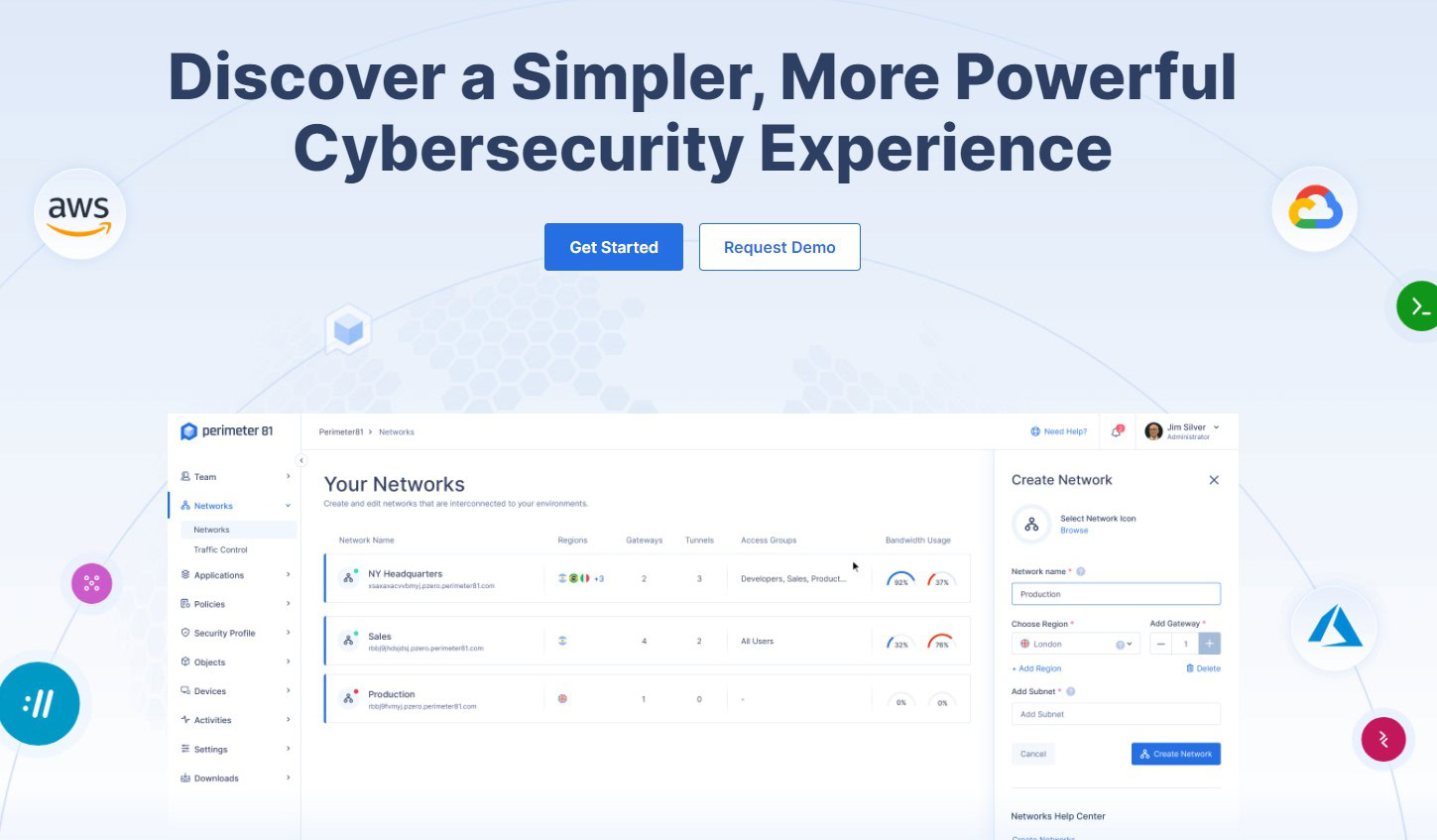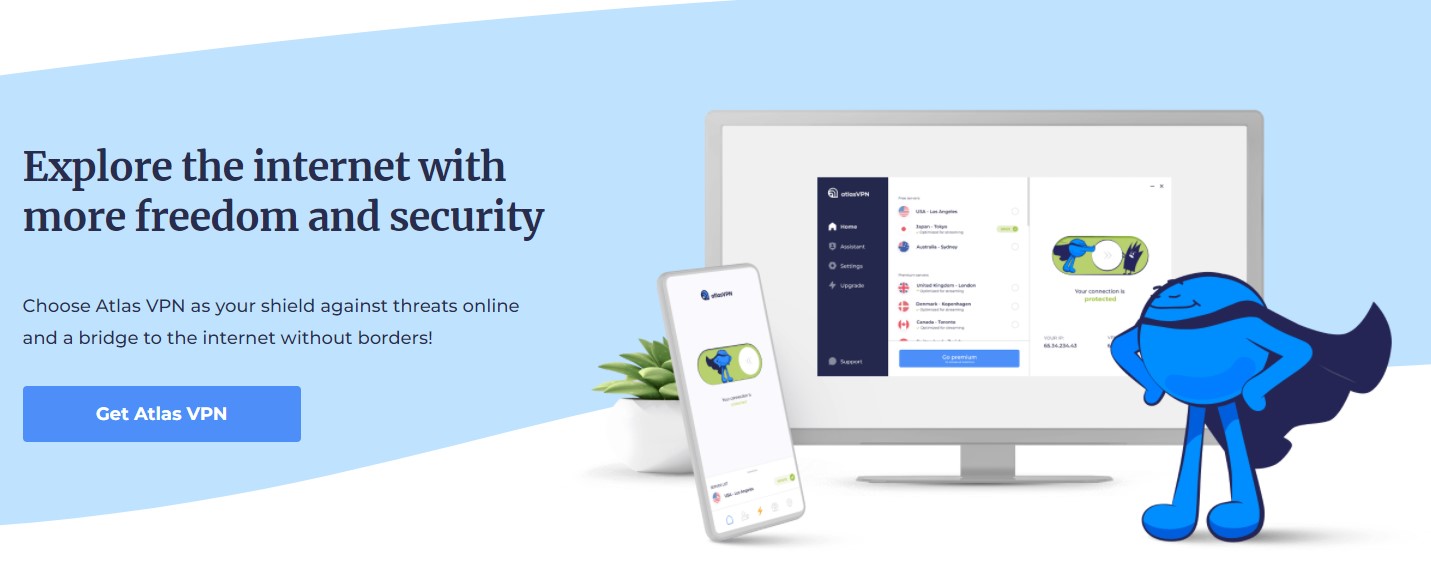Affiliate links on Android Authority may earn us a commission. Learn more.
The best VPNs for every use case: Which one should you choose?
Published onFebruary 2, 2023
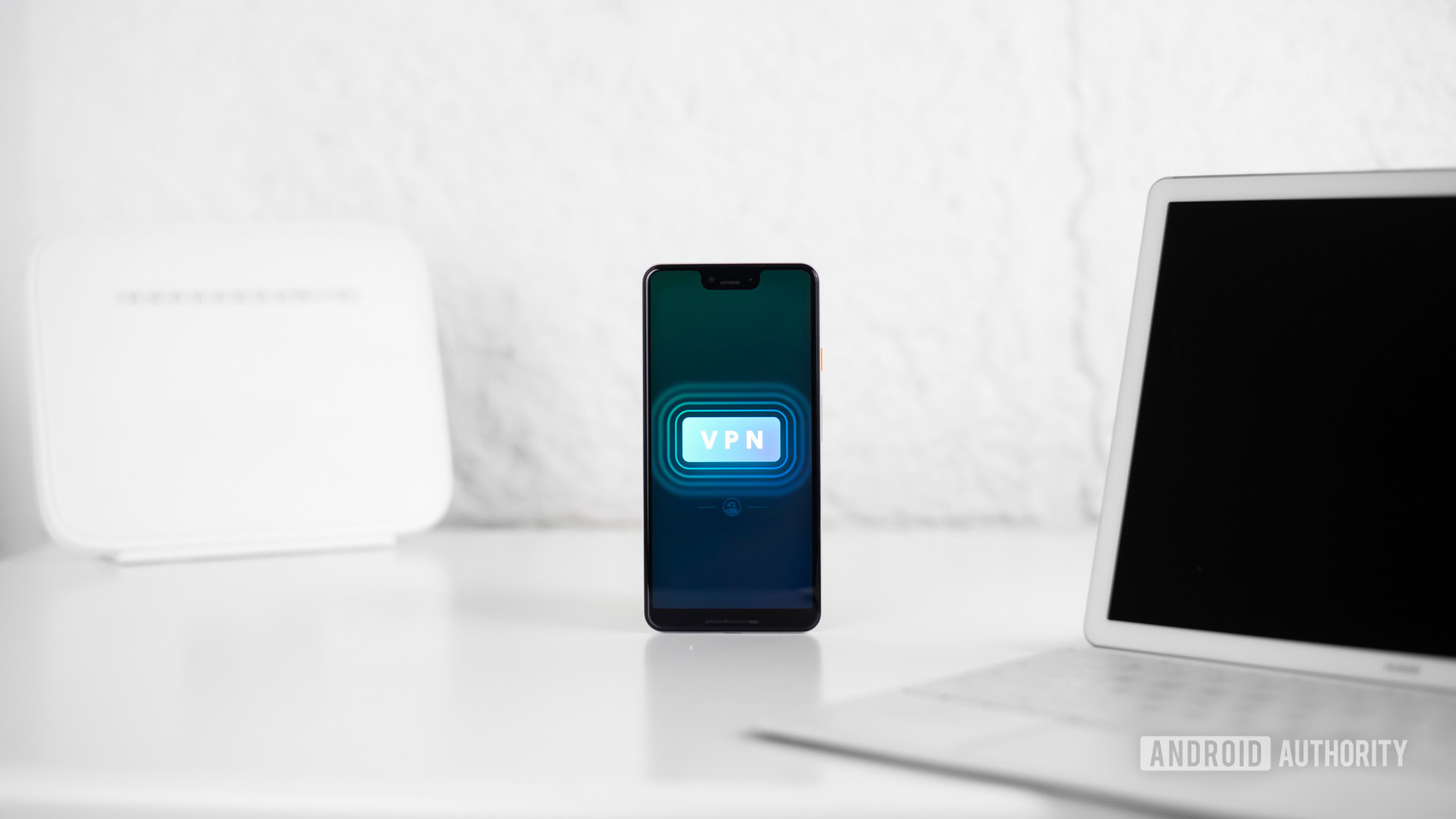
Not all VPN services are made equal. They can differ in price, speed, and other features. This means no VPN is the best at anything, so we’ve decided to do a deep dive into the best VPNs for different types of use cases.
What is a VPN, and why use one?
VPN stands for “Virtual Private Network.” Using one allows your internet activity to be re-routed through a different network.
Put simply, an active VPN connection will tunnel all of your internet traffic through another server/computer first. Anything you do will then be linked to the VPN host’s IP address instead of yours, at least from a third party’s perspective. And thanks to encryption, your data is scrambled and hidden along the way. Finally, your VPN server could be located anywhere in the world, allowing you to mask your device’s true location on the internet.
A VPN acts as a secure communication tunnel between your device and the internet.
VPN services are very popular among users who care about security and anonymity. They’re often cited as an essential tool to keep your online activity and information safe and private. There are a lot of advantages to getting a good VPN. For example, it can help you establish a secure communication channel when using a public Wi-Fi network. Many companies also require their employees to use a VPN while connecting to critical internal infrastructure.
Virtual private networks have overtaken proxies as the best way to bypass geo-restricted services. For example, you may want to access a particular website or online service that’s only available in the USA. If you live elsewhere in the world, a US-based VPN server could trick the service into thinking you’re from the States.
The best VPN services
- ExpressVPN is our favorite VPN service, and most would agree its performance, security, and other features are worth its slightly higher price point.
- ProtonVPN is the best option if you want to pay nothing for your VPN services. Of course, you don’t get every feature for free.
- Ivacy VPN is not free, but it costs very little and offers a lot of value.
- NordVPN offers performance, security, simplicity, and special streaming features you’ll love.
- IPVanish is for those who need higher speeds and low ping. It also offers an overall great experience.
- Perimeter 81 holds the #1 spot in business VPN solutions.
- Atlas VPN is the best VPN service for those with many devices. It also has plenty of features and security measures.
- VyprVPN offers its Chameleon technology, which is especially great at combating government internet restrictions.
- CyberGhost is a good VPN service, but it’s mainly famous for its torrenting features.
- SurfShark VPN isn’t only a superb VPN service. It also doubles as an ad-blocker!
Editor’s note: We will regularly update this list of the best VPNs for every use case regularly.
The best VPN overall: ExpressVPN
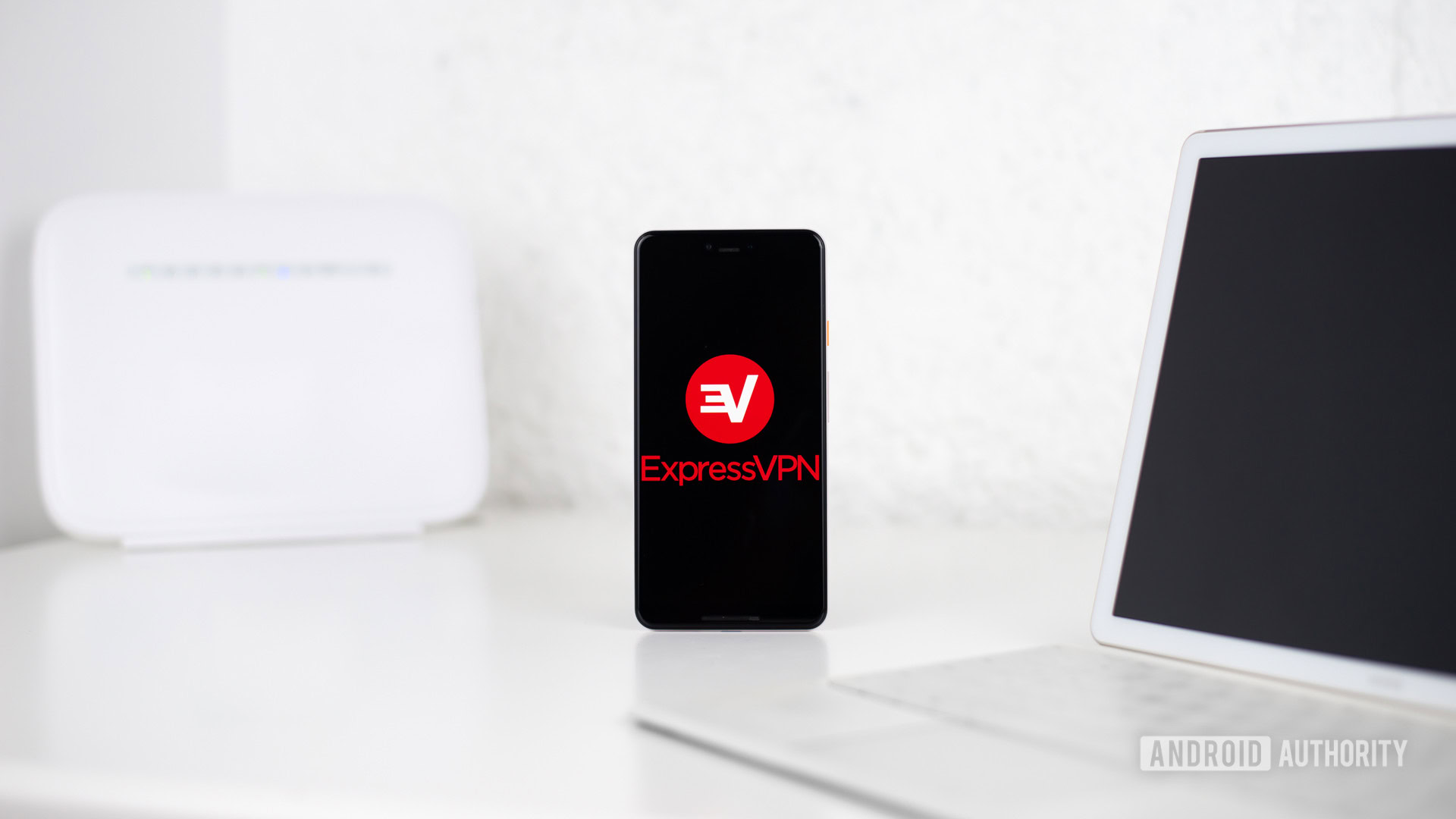
If you want to get straight to the best overall VPN available, you’d be hard-pressed to find anything better than ExpressVPN. It has become an industry favorite, and we gave it plenty of love in our review. That said, it’s a bit pricey, and we wish the app were improved, but those are downsides you can live with considering all the great benefits it comes with.
For starters, it’s effortless to use. You just download the app and connect. It also helps that it has some of the best compatibility we’ve seen. It supports Windows, macOS, Linux, Android, iOS, routers, Chromebooks, Kindle Fire tablets, browsers, smart TVs, gaming consoles, etc. You also get optimal privacy thanks to the no-logging policy, and it uses the OpenVPN protocol and AES-256 encryption to keep all your data secure.
Most importantly, speeds are top-notch, and the app almost always works flawlessly for anything you want to do. It also helps you get over 3,000 server options in 94 countries and 160 cities. You should have no issues connecting to your country of choice.
The best free VPN: ProtonVPN
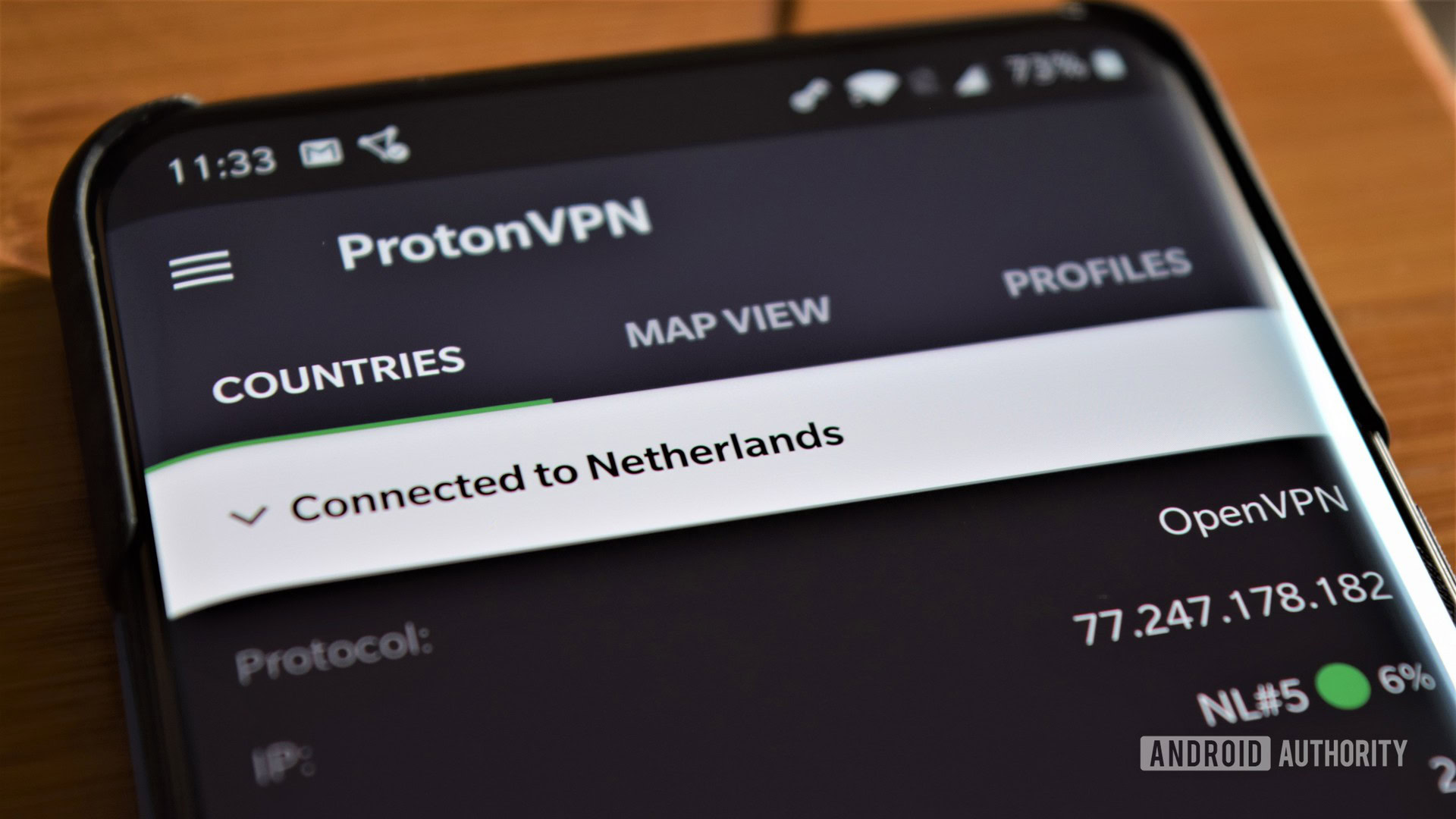
One common issue with free VPNs is that they tend to limit your data, either daily or monthly. ProtonVPN is the best free VPN service because it offers unlimited data use at no cost. Of course, all this goodness comes with its downsides, though.
Free ProtonVPN users can only access 24 servers in three countries. This means most free users will use these, so congestion is higher, slowing down speeds. Additionally, you have to create an account, but it offers a strict no-logs policy. Lastly, you can only connect one device at a time. You can make those sacrifices, considering you get free unlimited data, though.
The best cheap VPN: Ivacy VPN
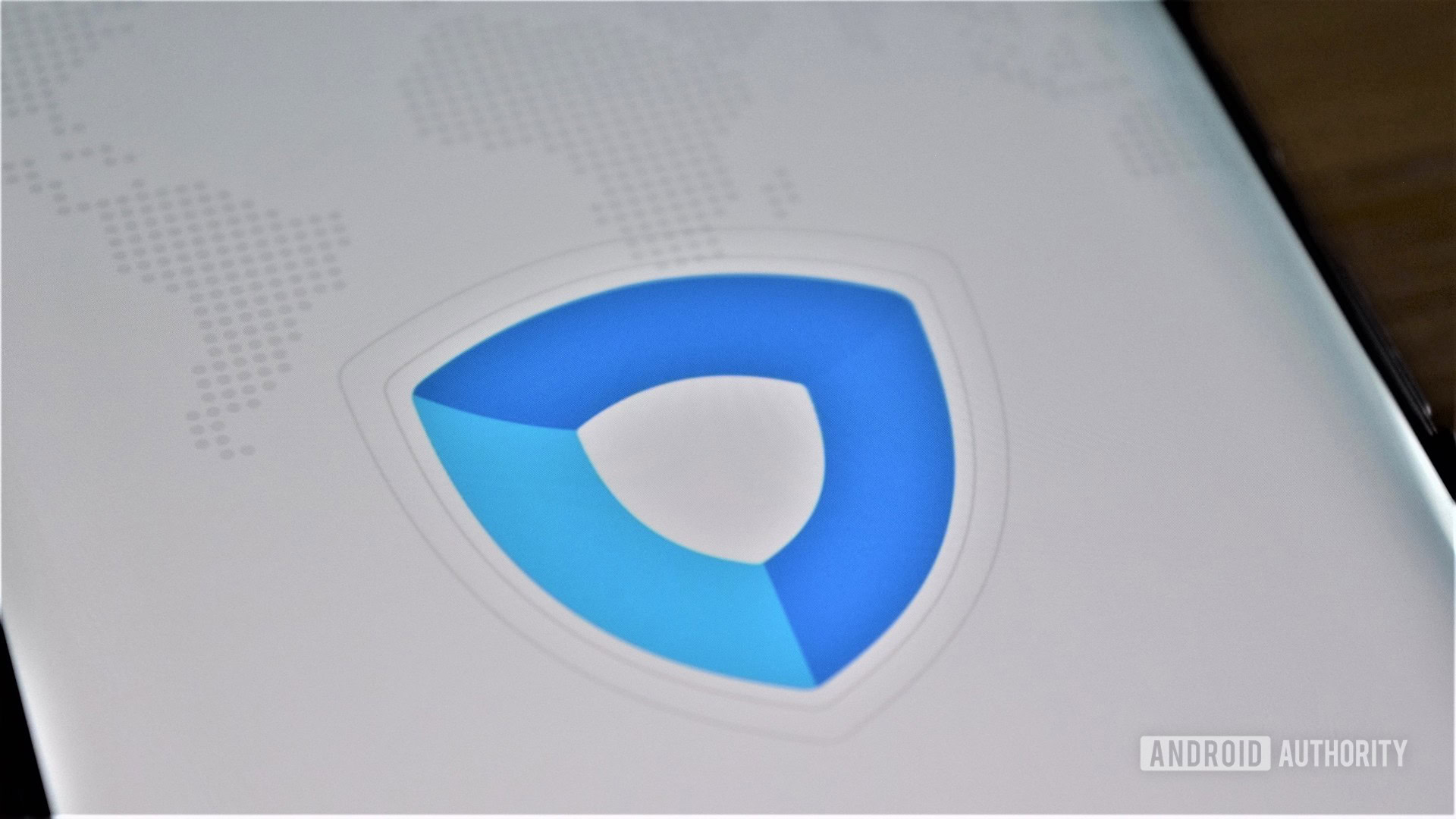
If you genuinely want to get the most out of your VPN, you’ll need to pay up. You also want to make sure you get the most for as little money as possible. We find Ivacy is the best option for those who want to pay very little while getting a lot.
The monthly plan goes for $9.95, which is no fantastic deal, but the price can get very sweet when you sign up for long-term use. Prices can go as low as $1.19 a month if you pay for five years. This grants you access to a password manager, 5,700+ servers in 100+ locations, ten simultaneous connections, military-grade 256-bit encryption, unlimited bandwidth, malware protection, etc. Sometimes the service will even throw in a password manager.
The best VPN for streaming: NordVPN
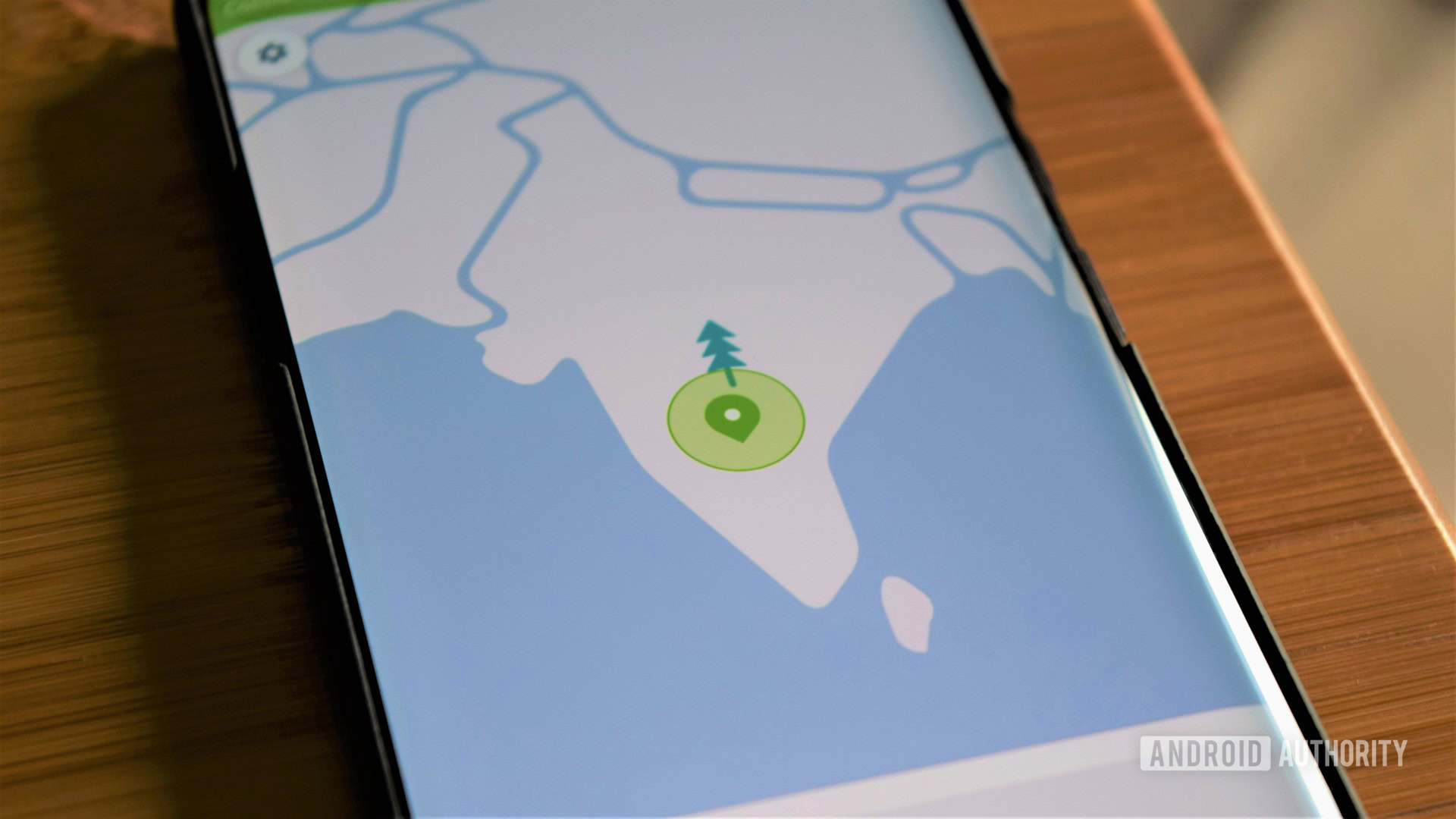
NordVPN is one of the best overall VPN services, featuring stable and fast connections. There’s something that makes it special for streaming, though. It’s called SmartPlay, which is enabled by default in all NordVPN apps. It unlocks streaming sites and features by combining VPN with Smart DNS features. The latter usually requires complex setting up, which makes SmartPlay rather alluring.
Of course, NordVPN offers plenty of features. These include a no-logs policy, malware protection, over 5,200 servers in 60 countries, up to six simultaneous connections, split tunneling, a dedicated IP, and much more.
The best for gaming: IPVanish

Gaming requires the best speeds and as little ping as possible. This is why IPVanish is such an excellent option for gamers. It’s one of the few services that lets you sort and filter through the server list based on ping. Finding the servers and locations that work best for you with any other option might take a lot of trial and error. You can also install it directly on supported routers, so it’s perfect for those who want to use it throughout their networks.
Here: More VPNs for gaming
Of course, it comes with all the goodies you can expect from a VPN service. The company keeps no logs and has no data caps. You can also pick from servers in over 75 countries with secure encryption to ensure safe browsing.
The best for business: Perimeter 81
Businesses have special needs, and your standard VPN service simply isn’t going to cut it. Perimeter 81 has earned respect in the industry, offering a plethora of business-focused security features that will keep connections secure, give access to files, and more.
Related: Other business apps you should have
Businesses can enjoy private server management, site-to-site connections, secure file hosting, robust encryption, network segmentation, and much more. This is also one of the most expensive options on this list, though. The cheapest plan costs $8 per user and requires a minimum of five users.
The best VPN for multiple devices: Atlas VPN
Many paid services limit how many devices you can connect simultaneously, but Atlas VPN doesn’t. It’s among some of the very few virtual private network services that allow for unlimited and simultaneous device connections. This is the perfect option if you have multiple TVs, smartphones, tablets, computers, and other connected devices.
You’ll also enjoy features like SafeSwap, Malware protection, ad blocking, split tunneling, private DNS, a no-log policy, fast speeds, and access to over 750 servers.
The best VPN for China: VyprVPN
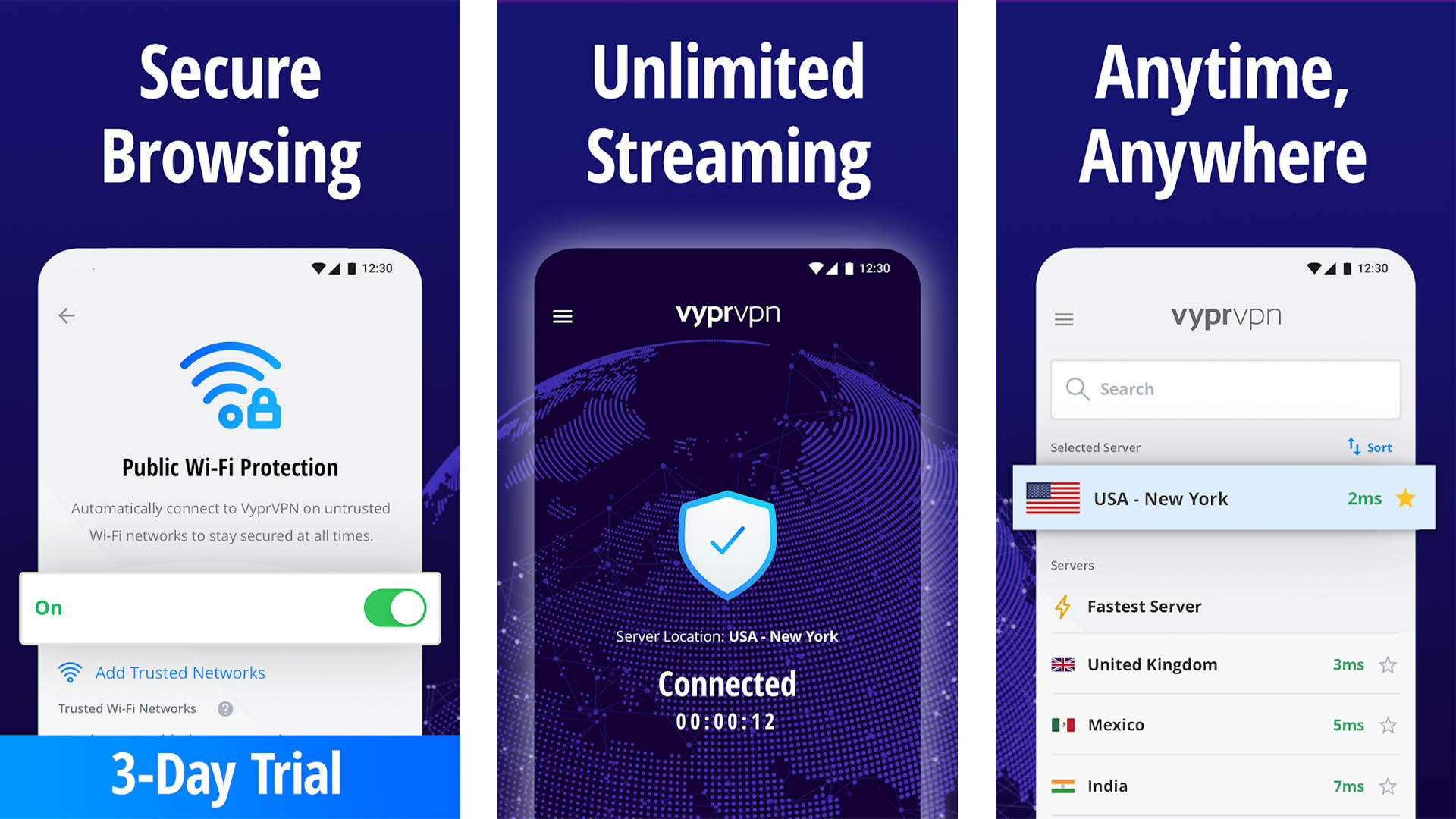
China is a special place requiring specialized services. We like VyprVPN because of its Chameleon technology, which helps the VPN service combat restrictions in any country where the government censors the internet. Of course, this includes China.
You’ll also get DNS protection, a kill switch to turn off the internet when not protected, a no-log policy, a stable connection, over 70 locations, and more.
The best VPN for torrenting: CyberGhost
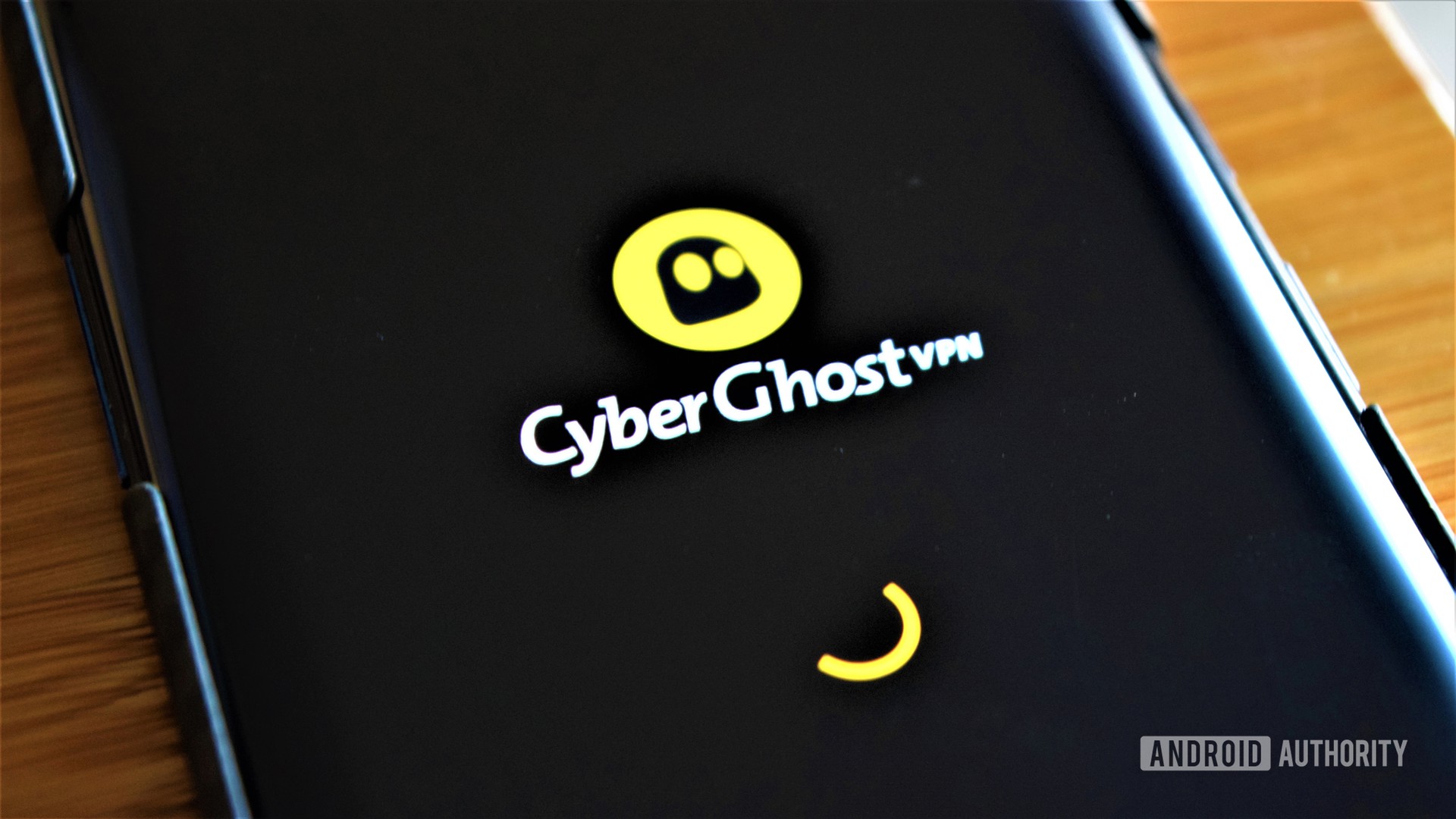
Most paid VPNs should work fine for torrenting, but CyberGhost has unique features to improve the experience. Apart from the ‘Torrent anonymously’ section, the server list clearly marks the locations that allow for P2P file sharing.
Otherwise, it’s a good choice with all the excellent features you can expect. You get access to servers in over 90 countries, 256-bit data encryption, fast speeds, a no-log policy, and very accessible prices.
The best for blocking ads: SurfShark
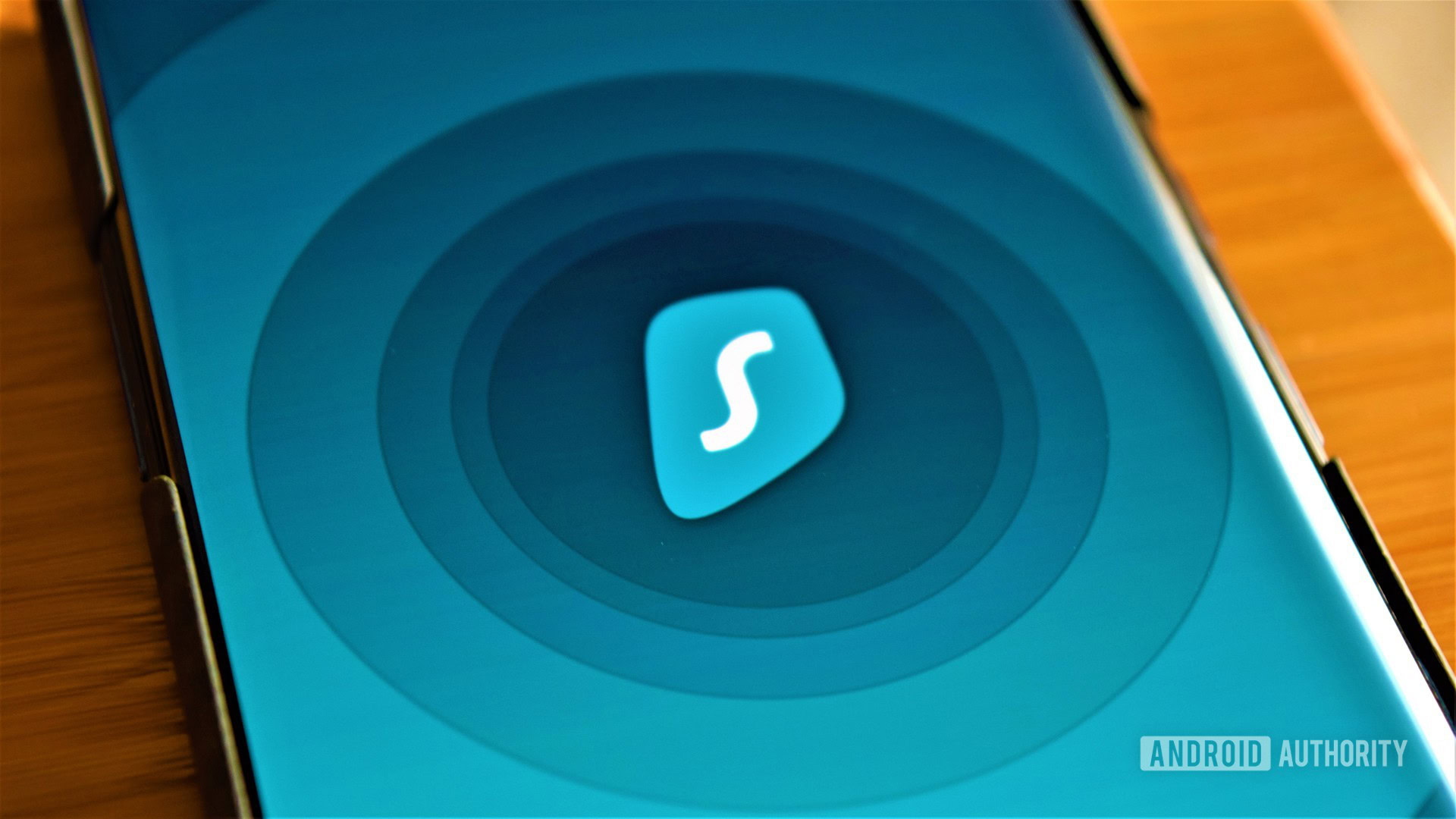
SurfShark VPN is one of the most feature-packed services you can get, and the long list includes ad-blocking. This is great for users who want to avoid pesky ads without dealing with too many settings and odd options.
Related: How to block ads on Android
Of course, you can also browse privately, unlock plenty of geo-restricted websites, get malware protection, enjoy 256-bit encryption, and get peace of mind from a no-logs policy. It’s also another service that offers unlimited device connections, so it’s another great alternative for people with many devices.
Can I install a VPN on my TV or gaming console?
Not all devices support VPN connections, even though that has started to change in recent times. Running a VPN connection requires extra processing power and headroom, which may not be available on budget-constrained hardware. Televisions and game consoles often lack support for the feature because most users won’t end up using it.
That said, devices that ship with Android TV support VPN functionality, thanks to Google’s attempts at standardizing the platform. If your TV doesn’t offer the feature, you can get around this limitation by using an inexpensive streaming stick like a Chromecast with Google TV, Amazon Fire Stick, or Roku.
Alternatively, you can opt to set up a VPN on your router, which will have an immediate effect on every single device on your network. Once again, though, not every router supports this functionality. We’ve put together a list of the best VPN routers in case you’re in the market for an upgrade.
Will a VPN hide my activity from my ISP?
This is a tricky question since data privacy standards and laws can vary depending on where you live. In most cases, though, a VPN will completely obfuscate your online communications.
Without a VPN, your network provider can monitor which websites and servers you visit and how frequently you access them. In some extremely rare cases, they may even inject ads. All of this is exactly why a VPN is so handy — it acts as an opaque, encrypted tunnel that your ISP cannot peek through.
See also: What is encryption?
That said, certain governments and ISPs can employ a technique known as deep packet inspection (DPI) to learn which networks you connect to. This in turn allows them to guess whether or not you’re using a VPN. Thankfully, your data stays private since the majority of VPNs use encryption.
FAQs
Yes, but not always. Streaming services aren’t fond of VPNs, and using one goes against their terms of service. Additionally, some companies like Netflix and BBC have caught onto these practices and often combat them by blocking commonly used virtual private network services.
That is a tricky question, because the law is different in every country, even in every state, city, or county. That said, VPNs aren’t illegal to use in the United States, as long as you don’t use them to do anything illegal.
Generally speaking, it will because your data now needs to travel through another node. This means your ping and data speeds might be reduced, even with the fastest services out there. On the other hand, using a slower virtual private network will slow you down even further.
It means the service will not save information about your internet activity and connection data. This is great when you care about privacy, one of the main reasons why people use VPNs.
Yes! A VPN doesn’t ward away attacks by itself. You should continue to practice safe internet habits, even when using a virtual private network. Remember: you’re still accessing the internet, entering sensitive login credentials, and accessing your personal data. In that vein, you can still fall victim to phishing scams, infected downloads, and other attack vectors.
Are you looking to take your experience to the next level? Check out our guide on how to use a VPN for more help figuring out this technology.
